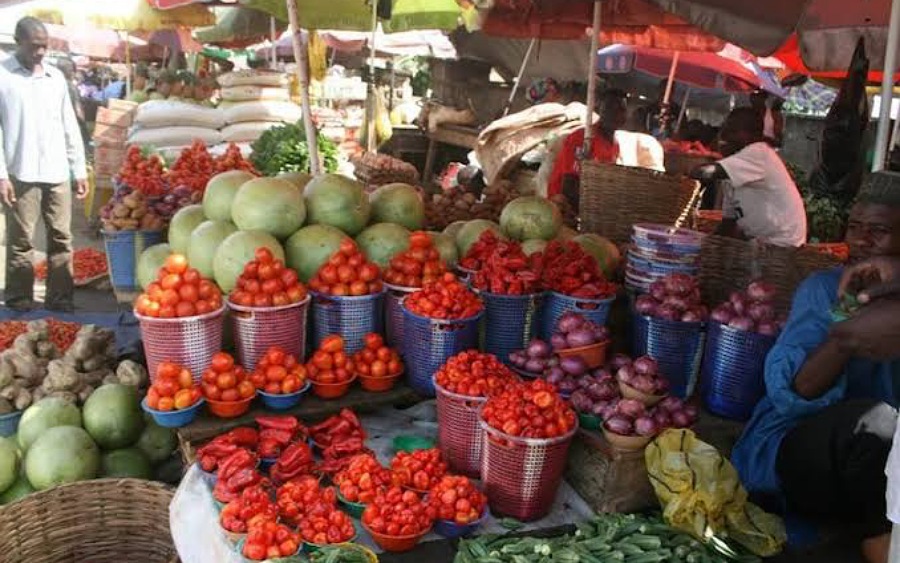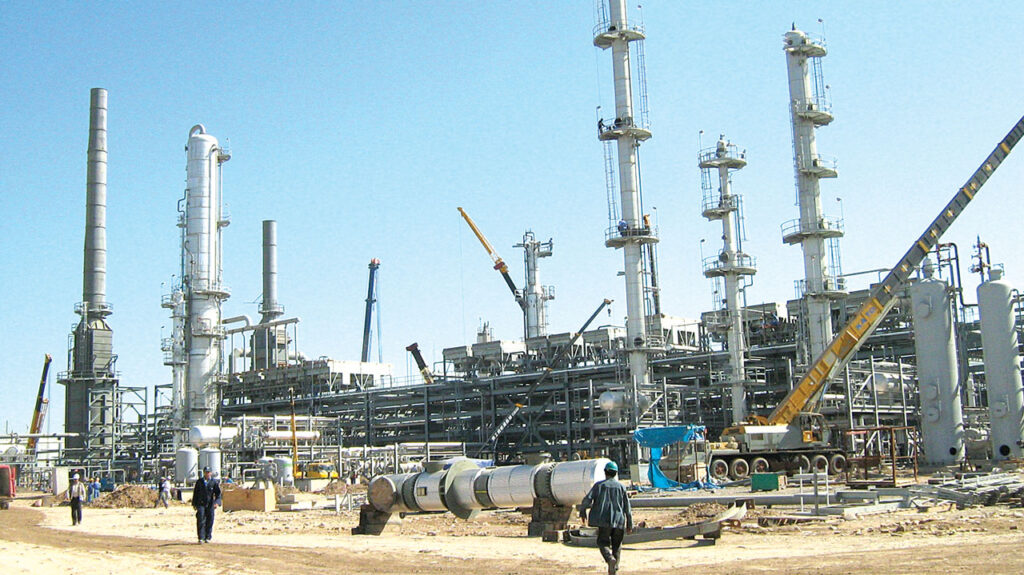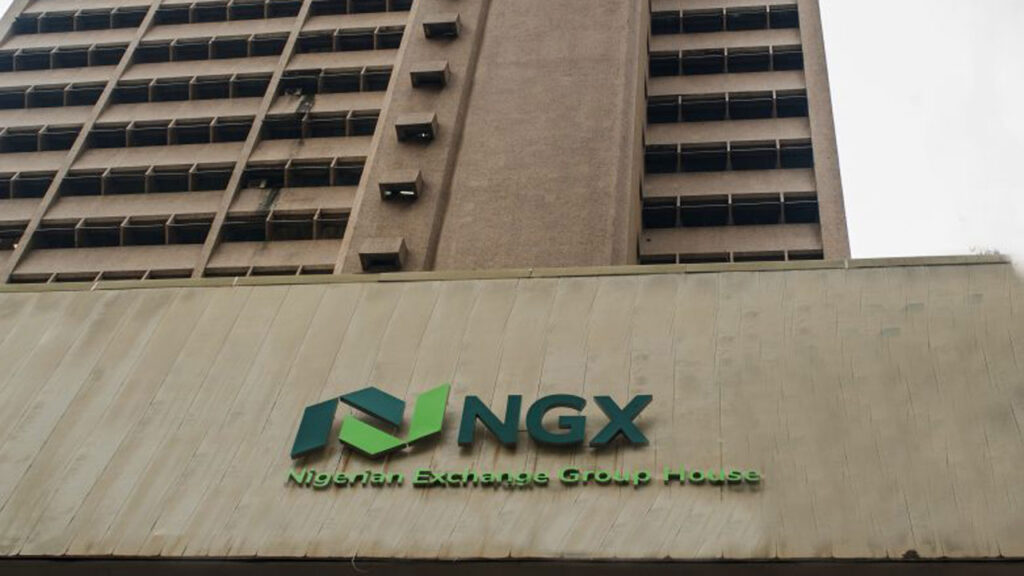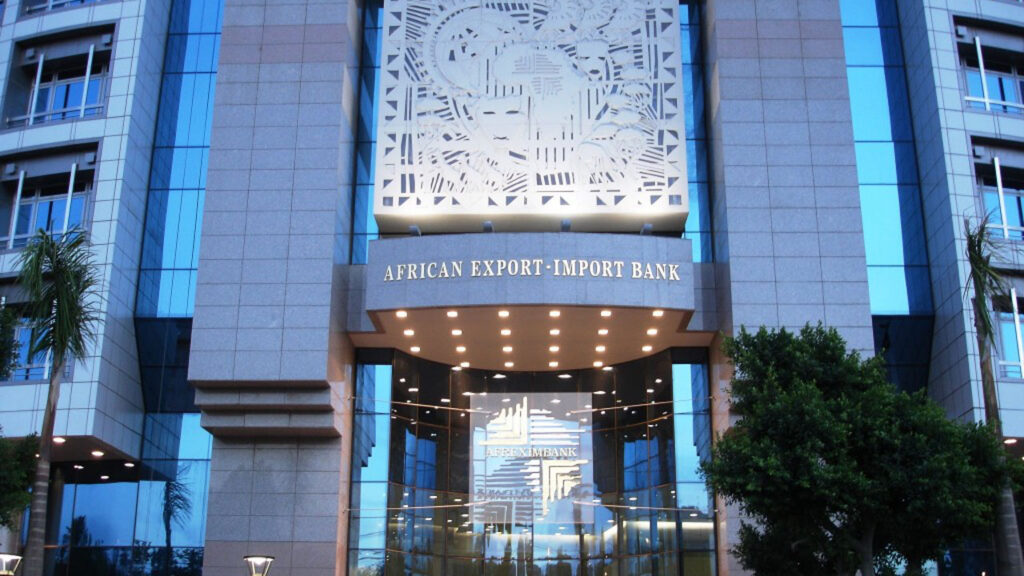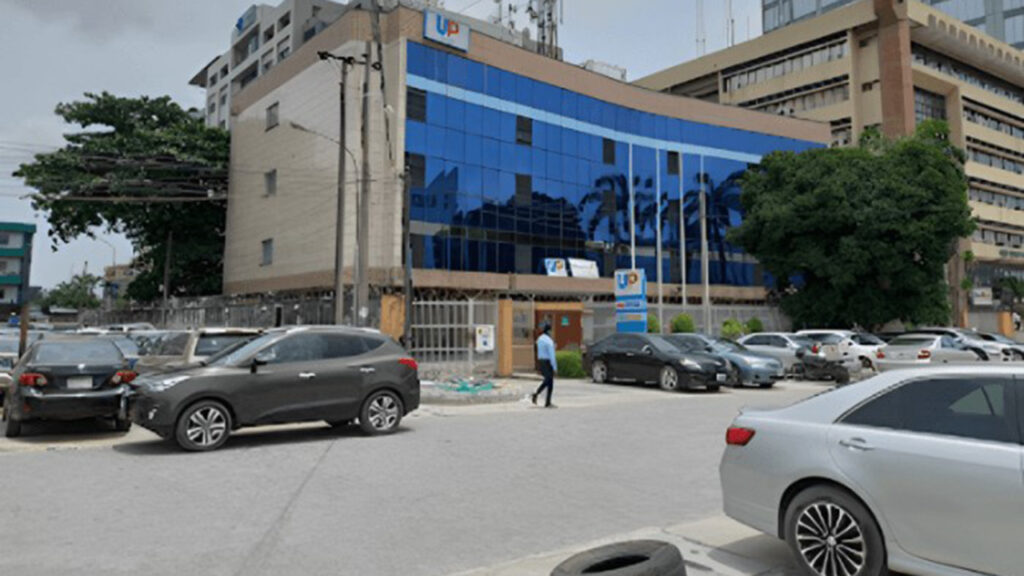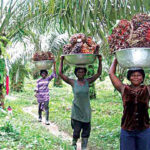
Analysts have linked the persistent rise in food prices to ongoing security concerns in food-growing regions across the country, logistical challenges in making farm produce available and infrastructure deficits.
In addition, the pass-through effect of currency depreciation on domestic food prices also significantly contributes to the soaring costs, further squeezing consumer pockets in the face of rising prices, they said.
Cowry Asset Research said despite the annual increase, food inflation moderated by 1.11 percentage points to 2.5 per cent in April, down from 3.6 per cent in March.
They said this change was due to a decrease in the rate of price increase for items such as yam, water yam, Irish potatoes, beer, local beer, Milo, Bournvita, Nescafe, groundnut oil, palm oil, eggs, milk, soft drinks, spirits and various fruits.
Over the past year, food prices in Nigeria have soared, driven by factors such as supply chain disruptions, currency depreciation, and the impact of climate change on agriculture. This has led to basic staple food becoming increasingly unaffordable for the average Nigerian, stretching household budgets to their limits.
According to the National Bureau of Statistics (NBS), food inflation remains a significant driver of the headline inflation index, reaching 40.5 per cent year-on-year in April 2024, the highest level in almost two decades. This surge is attributed to rising prices of essential food items.
In response to these challenges, the Nigerian government has unveiled a comprehensive plan to tackle inflationary pressures in 2024. Central to this strategy is the planned six-month suspension of import duties, value-added tax (VAT) and other tariffs on staple food items, raw materials and other direct inputs used for manufacturing, agricultural production inputs including fertilisers, seedlings, and chemicals, pharmaceutical products, poultry feeds, flour, and grains.
The analysts said the ambitious agricultural reform programme is aimed at boosting domestic food production. Complementing this effort from the monetary side, the Central Bank of Nigeria (CBN) has also implemented monetary policy tightening to control the money supply and curb excessive inflation.

